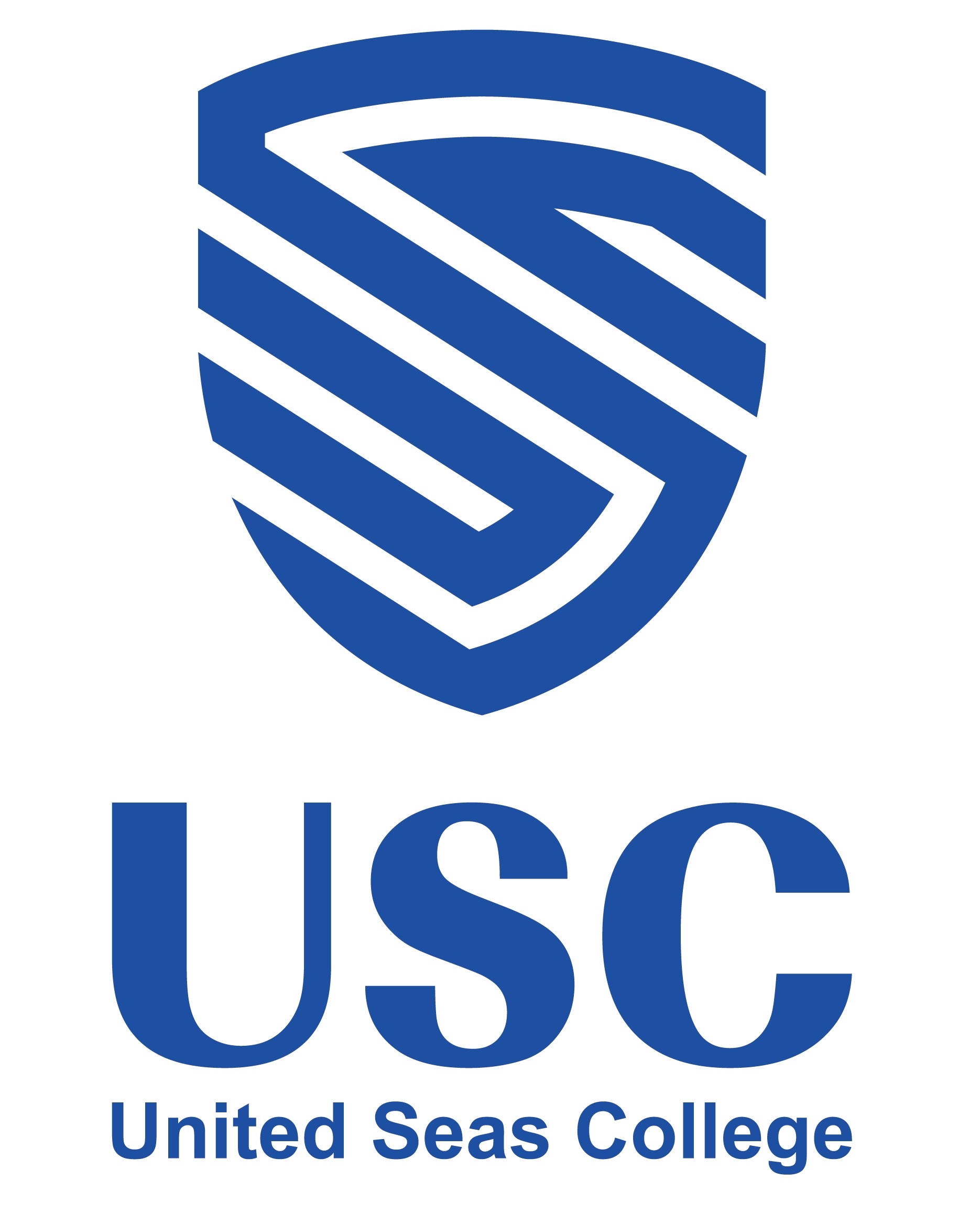Professional Certificate in Electronics: Analogue, Digital and Integrated Circuits
Aims & Learning Outcomes
This course mainly aims to bridge the knowledge and skill gap between the secondary education/non-technical post-secondary training and advance/specialist diploma course for working adults who do not have a diploma in any engineering discipline but are currently working or plan to work in electronics industry especially semiconductor manufacturing industry. This is the right preparation course for learners who fall into this category and who want to promote and upskill themselves by eventually registering in an advance/specialist diploma course. This short course will set a good foundation and will ease the students’ future learning while pursuing an advance/specialist diploma.
Besides culminating in earning a Professional Certificate in Electronics : Analogue, Digital, and Integrated Circuits, the three modules of the course are designed to ensure that learners acquire both theoretical knowledge and practical skills necessary for working in the electronics industry especially semiconductor manufacturing industry.
Learning Objectives
At the end of this programme, students will be able to:
- iUnderstand Basic Electronic Components and Circuits
- iGain Practical Skills in Electronics Testing and Measurement
- iDescribe IC fabrication process
- iInterpret the role and importance of IC manufacturing in semiconductor industry
Course/ Assessment Structure
Core Modules
1. Fundamentals of Digital Electronics
This module aims to equip students with the foundational knowledge required to construct and implement basic digital electronic circuits, preparing them for more advanced studies in digital electronics and related fields.
2. Fundamentals of Electrical Circuits and Electronic Devices
This module introduces students to basic circuit analysis and key electronic devices, both passive and active. Students will learn essential principles of electricity, circuit theory, and the characteristics and applications of various electronic components, including resistors, inductors, capacitors, diodes, and transistors. The course combines theoretical knowledge with practical skills through hands-on experiments.
3. IC and Semiconductor Manufacturing
This module is designed to introduce students to the field of semiconductor manufacturing by providing the concepts of integrated circuit (IC), IC fabrication, and CMOS process, as well as the fundamentals of solid materials, semiconductor materials and semiconductor devices.
Potential Employment Opportunities Upon Course Completion
Students who complete the course may have the potential to be employed in entry level positions as follows. These roles are suitable for individuals with basic theoretical knowledge and practical skills acquired from the course, without prior industry experience. The specific job opportunities may vary based on the local job market and the individual’s ability to apply their acquired knowledge and skills in practical settings.
- Electronics Technician
- Semiconductor Manufacturing Technician
- Test Technician
- Field Service Technician
- Quality Control Inspector
- Electronics Assembler
- Production Operator
- Maintenance Technician
- Technical Support Specialist
- Sales Assistant
- Research and Development Assistant
Admission Requirement
-
a. Normal Entry
-
1. 18 years of age at course commencement date
-
2. Academic Level:
– Completed GCE ‘A’ Level with 2 passes OR
-
– Completed equivalent to at least 12 years of formal education
-
3. Min language requirement:
-
– Obtained at least GCE ‘O’ LEVEL C6 in English language or equivalent OR
– IELTS 5.5
Graduation Requirement
-
To earn the academic certificate, students must successfully complete the course by achieving at least a passing grade in all assessments for each required and assigned module.
Delivery and Assessment
-
Delivery Mode: Face to Face.
Assessments will be in the form of written and practical examinations.
Teacher:Student Ratio is 1:25
Duration and Class Frequency
-
FULL-TIME: One and half (1.5) months; 3 hours per day for 5 days a week (Morning and/or afternoon classes)
PART-TIME : Three (3) months; 3 hours per day for 2 days a week (Evening and weekend classes)
Total Contact Hours: 72 hours.
Intake Dates
-
September, January, April
Course Developer and Awarding Body
-
United Seas College
Fee Structure
-
Course fee is SGD3,500.00
